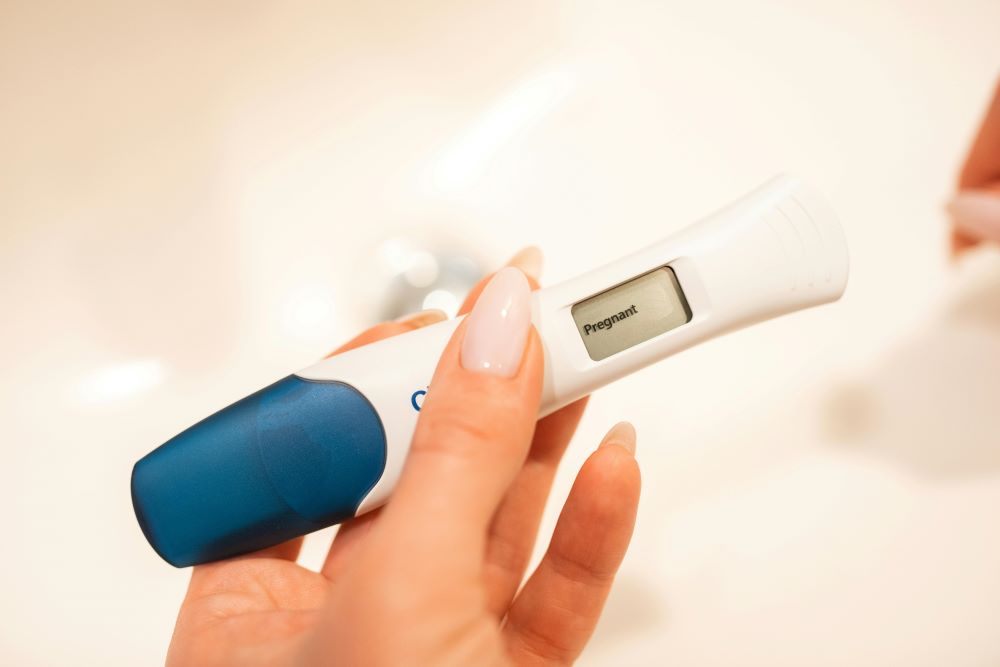Minding one’s gut health during pregnancy can go a long way in protecting the brain health of an unborn child.
Gut microbiome, particularly in the brain, has a profound impact on the health of a developing fetus, new research published in Molecular Metabolism demonstrates. The study explored how the presence of Bifidobacterium breve in the maternal gut can influence brain metabolism in developing fetuses, and its findings suggest that gut health is essential for the healthy to a soon-to-be child’s neurological development.
The gut microbiome, composed of trillions of microorganisms, is a key component of the digestive system that is responsible for numerous physiological processes, including digestion, immune system regulation, and cognitive functioning. During pregnancy, the composition and balance of a mother’s gut microbiota becomes particularly important. Not only do microbiota support the wellness of the mother herself, aiding in the absorption of essential nutrients and warding off harmful inflammation, but they also mut remain in balance in order to ensure the developing baby is protected. This means, mothers should be especially mindful of her dietary habits while expecting.
Changes in the maternal microbiome can alter metabolic pathways, impact neurotransmitter production, and affect the growth of neural circuits in the developing fetus. When this occurs, the alterations could have lasting implications for the child’s cognitive and neurological development long after birth. For instance, fetal growth restriction (FGR) can occur. FGR is a serious complication during pregnancy where the fetus fails to grow at the rate it’s expected to. This can lead to a range of neurodevelopmental issues, including learning disabilities, cognitive dysfunction, and in severe cases, cerebral palsy.

In the current study, the team investigated the effects of Bifidobacterium breve UCC2003 on fetal brain metabolism in pregnant mice. This probiotic strain was given to a group of germ-free pregnant mice, while a control group received a placebo. The goal was to determine whether the presence of Bifidobacterium breve in the gut would result in changes in fetal brain metabolism and overall development.
Fetal brain tissue was analyzed to track the expression of various genes associated with brain metabolism, cell growth, and neurogenesis. Additionally, the team measured the levels of key metabolites and proteins involved in brain function, as well as mitochondrial activity, which plays a central role in cell energy production.
Ultimately, the team discovered colonization with Bifidobacterium breve led to significant metabolic changes in the fetal brain, including a decrease in certain metabolites such as carnitine and citrate. These changes occurred alongside an increase in the expression of glucose transporters and amino acid transporters, both essential for proper brain development.
One of the most notable findings was the stabilization of hypoxia-inducible factor 2-alpha (HIF-2α), a protein that helps cells adapt to low oxygen levels, which was linked to enhanced mitochondrial activity in the fetal brain, which is critical for producing the energy needed for brain growth and development. The study also revealed that Bifidobacterium breve influenced various signaling pathways associated with neuronal development and differentiation. These pathways, including the PI3K-AKT and Wnt-β-catenin signaling pathways, regulated cell proliferation, survival, and differentiation during brain development.
This research highlights the potential for probiotics to positively influence fetal development by modifying the maternal gut microbiota. The ability of Bifidobacterium breve to improve brain metabolism and promote healthy brain development in fetuses could have far-reaching implications for preventing and treating neurodevelopmental disorders associated specifically with FGR. Future studies are needed and could focus on examining the impact of maternal gut health on postnatal brain development and cognitive function in children. As research continues to evolve, probiotics may become an essential tool in prenatal care, helping to ensure optimal brain health for developing babies while also protecting the health of their mothers.
Sources:
Mother’s gut microbiome during pregnancy shapes baby’s brain development, mouse study finds
Maternal gut Bifidobacterium breve modifies fetal brain metabolism in germ-free mice


Join the conversation!